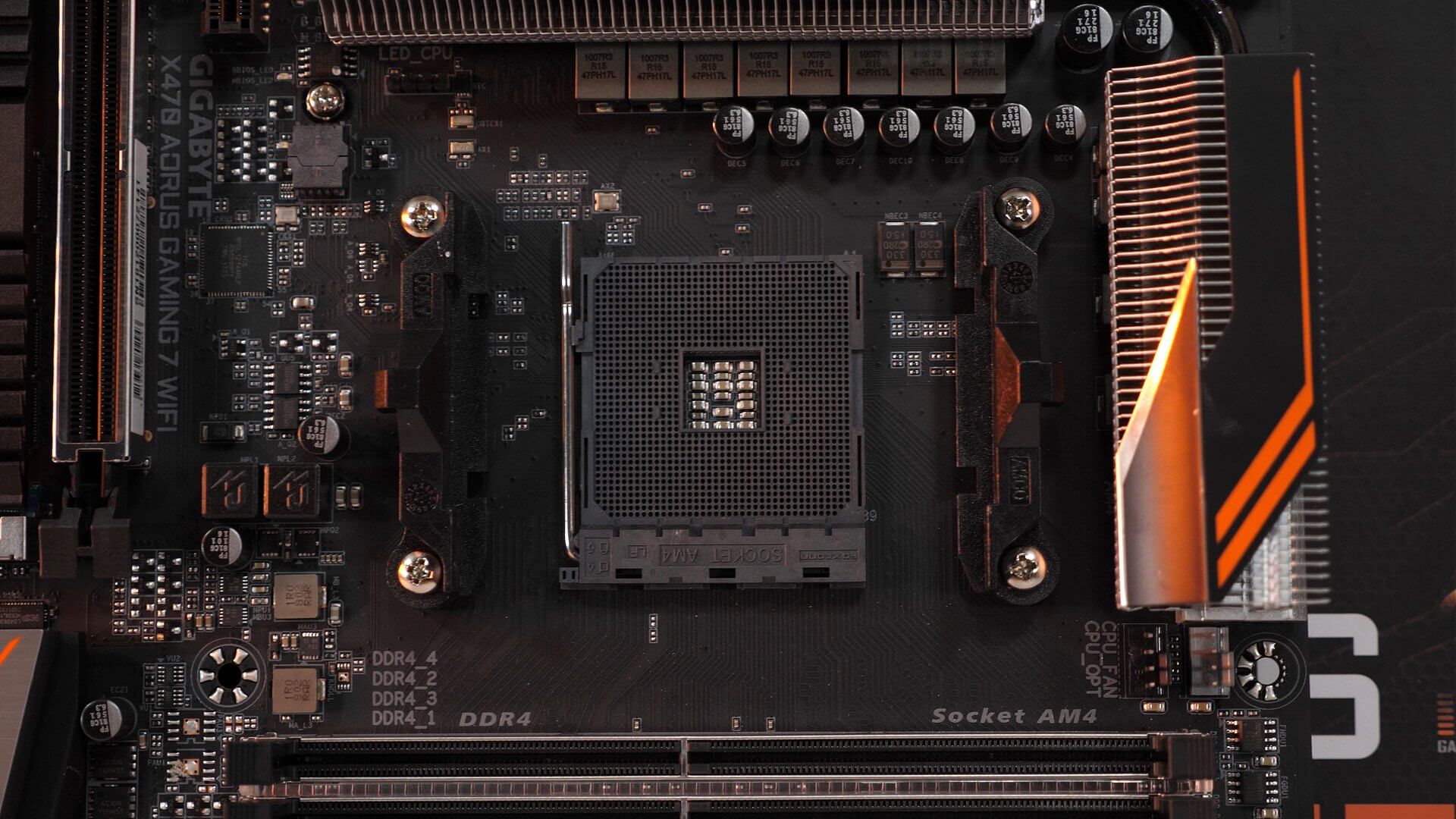Highly anticipated: When AMD launched Ryzen, they threw down the gauntlet and it hit Intel in the balls. Now they've announced a new event called "Next Horizon" that will reveal the hopefully just as groundbreaking Zen 2 7nm architecture that will be used for the next generation of Ryzen.
Update: The "Next Horizon" event will be taking place in San Francisco at 9 AM local time (PT), that's 12PM ET and 5PM UTC. We'll be following the announcement and report back with AMD's news.
Today, AMD takes high-performance datacenter computing to the #NextHorizon. pic.twitter.com/uSocDMw1xk
--- AMD (@AMD) November 6, 2018
Yesterday, AMD started listing the event on their Investor Relations website. Unfortunately, the event page is completely barren, not listing any details on what they're going to announce or even the location or time.
What is significant about it though, is that when AMD announced the original Ryzen, they called that event "New Horizon." It would make sense that the "Next Horizon" is the next Ryzen. And as Anandtech points out, the fact that the listing is on the Investor Relations website is also very informative. In America, companies are required by law to reveal when significant announcements are going to be made at least a few days in advance.
The announcement would have to be a pretty big deal to trigger that law. Although, it is possible that it doesn't relate to Ryzen but is focused on the server market instead. In last week's earnings conference call, AMD CEO Lisa Su revealed that there would be something regarding the data center industry revealed.
"AMD's next horizon event is scheduled for Tuesday, November 6, 2018, where we will discuss innovation of AMD products and technology, specifically designed with the datacenter on industry leading 7-nanometer process technology."
There's no doubt that Su is referring to AMD's 7nm EPYC server processors that are expected to release before the end of the year, but as to whether consumer hardware will be announced, too, we'll just have to wait and see. They may also use the event to announce their upcoming RX 590 graphics card.
When Zen 2 does launch sometime early next year, it's expected to put some serious pressure on Intel, with up to 13% more IPC and faster clock speeds enabled by the smaller 7nm node. We'll keep you up to date with the latest AMD news as it becomes available.
